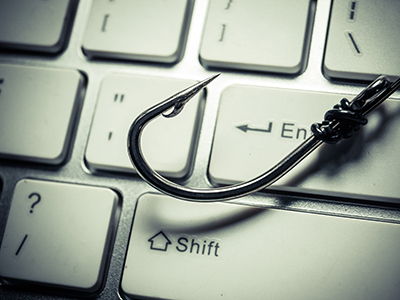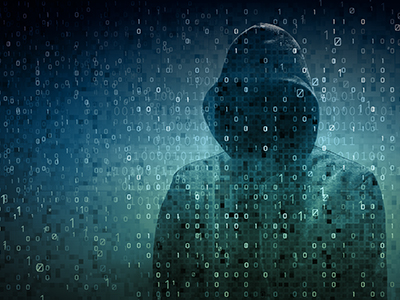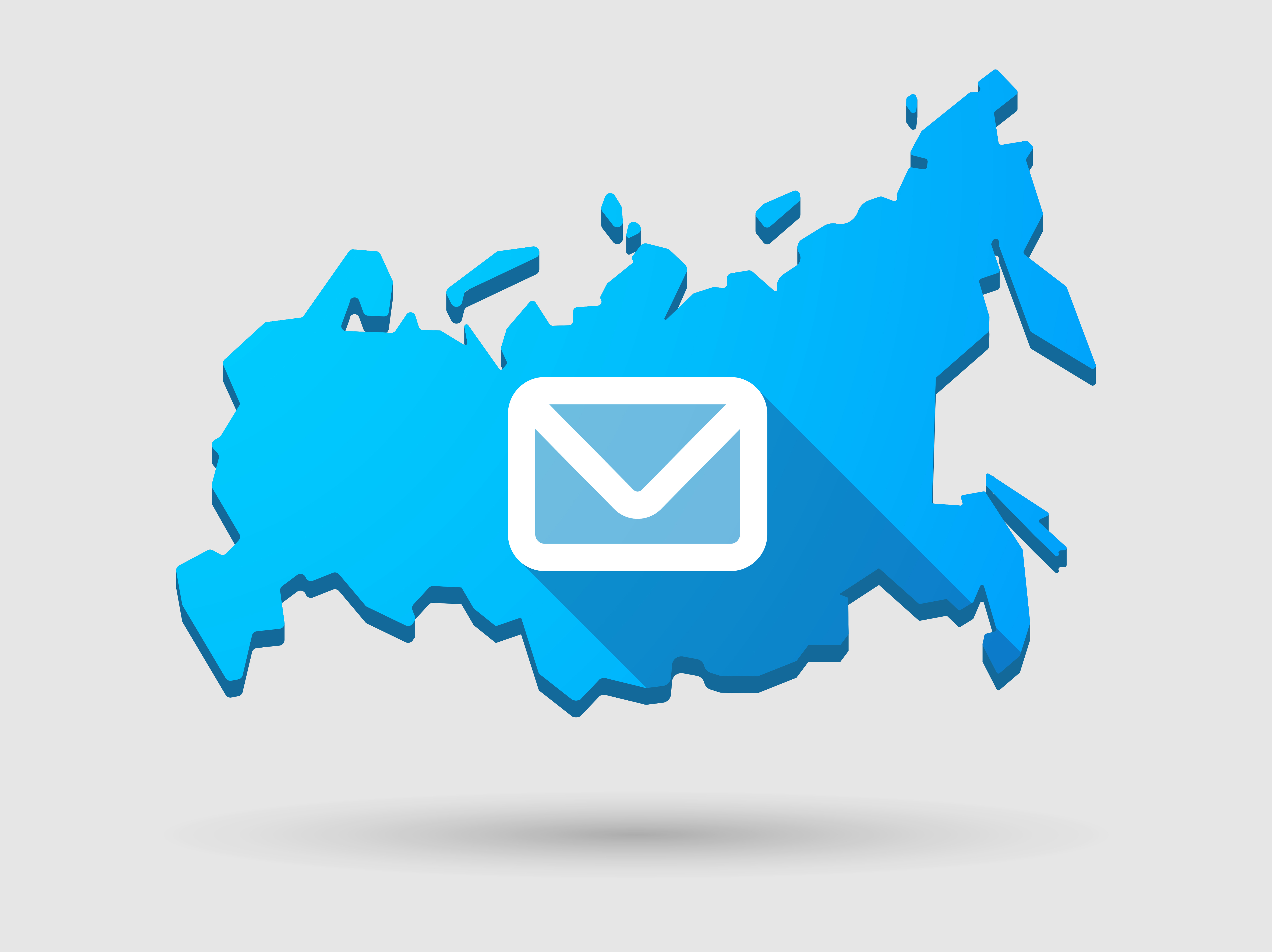Oral arguments for the next round in United States v. Nosal have been set for October 20, 2015 at the Ninth Circuit in San Francisco. So we figured it may be a good time to review both sides’ arguments related to the Computer Fraud and Abuse Act. After doing so, it seems to us that one topic not given any consideration in the briefs, but that may play a role during oral argument is the phenomenon known as phishing schemes, and how such schemes might be compared and contrasted with the scheme alleged in this case. READ MORE
A Preview of the CFAA Arguments in United States v. Nosal, Part II: Could “Phishing” be a Factor?











